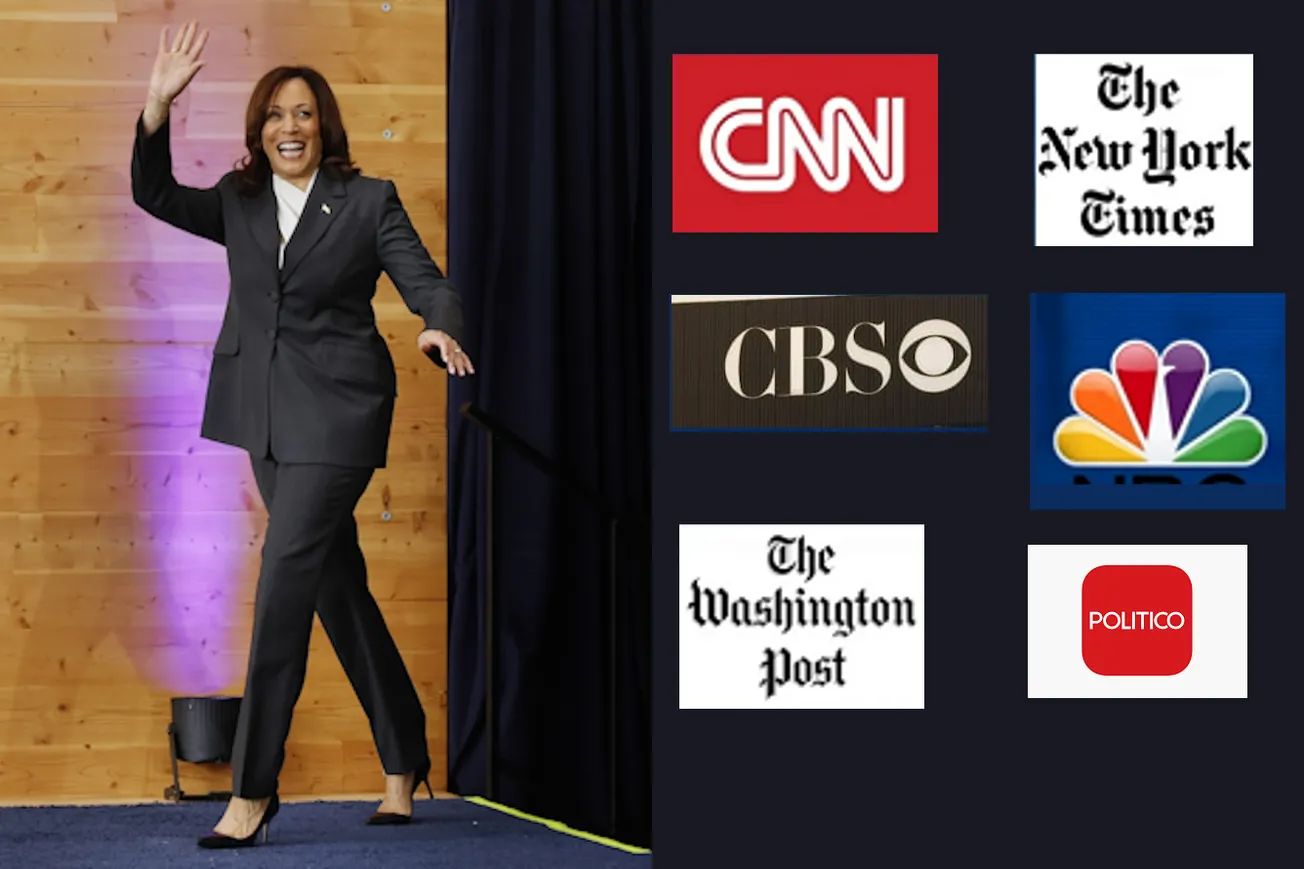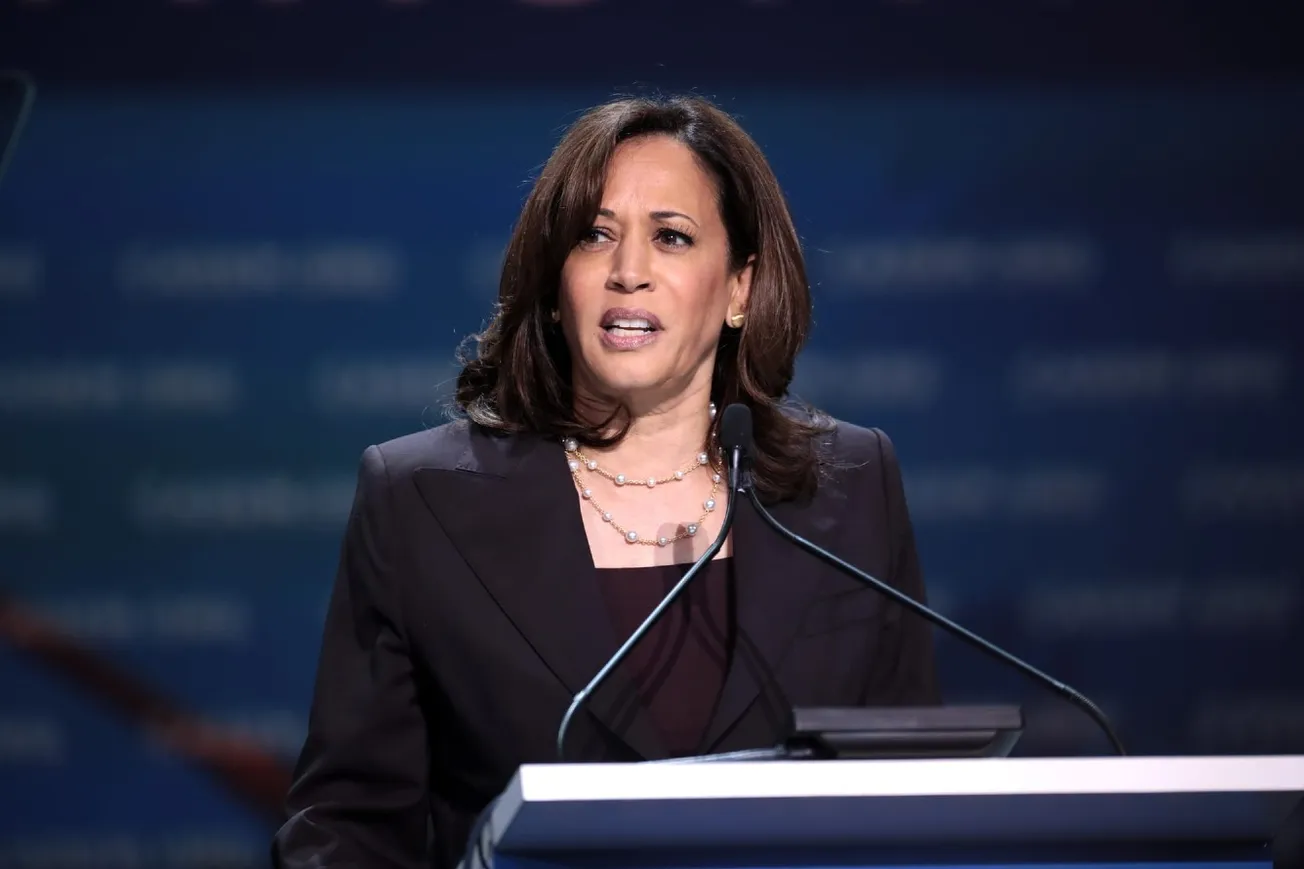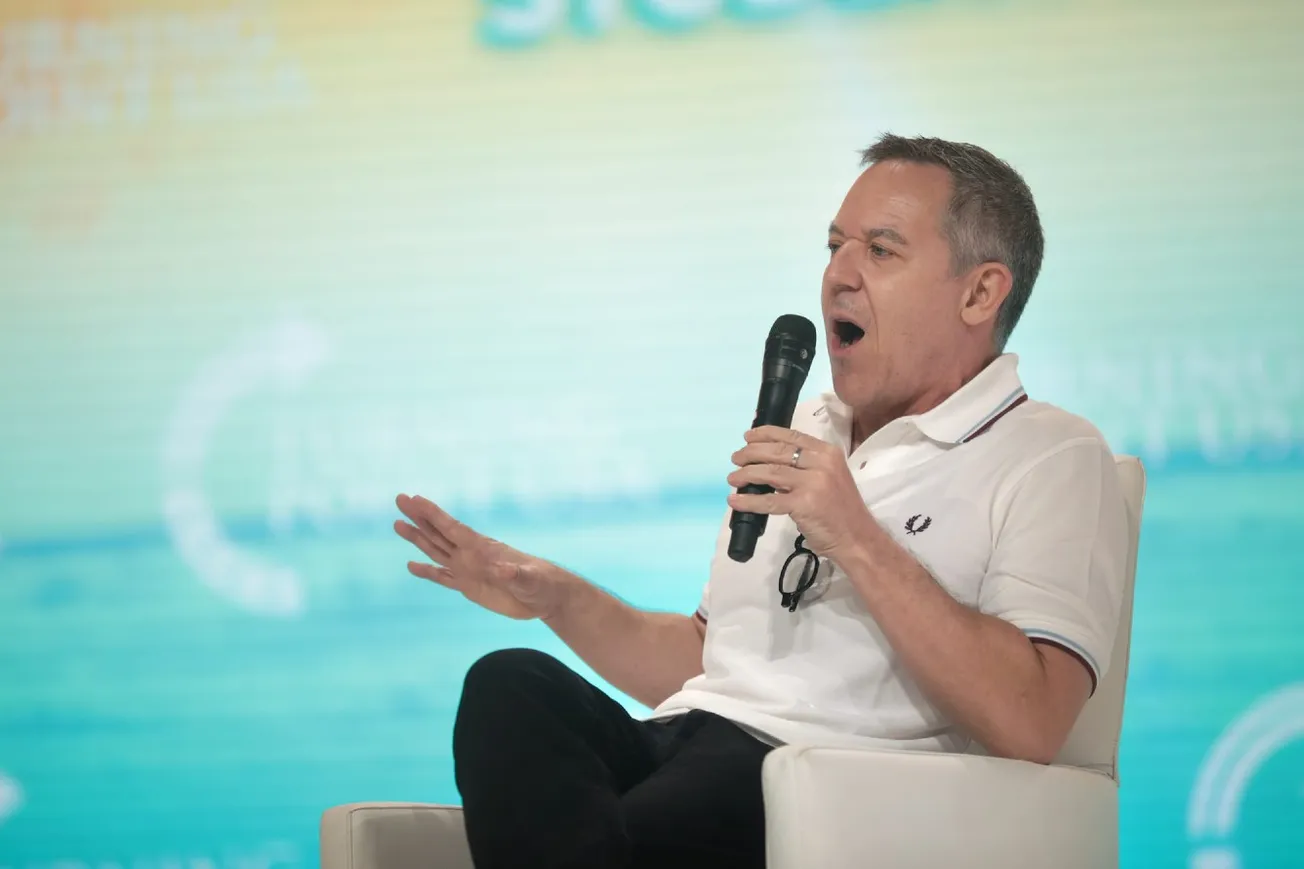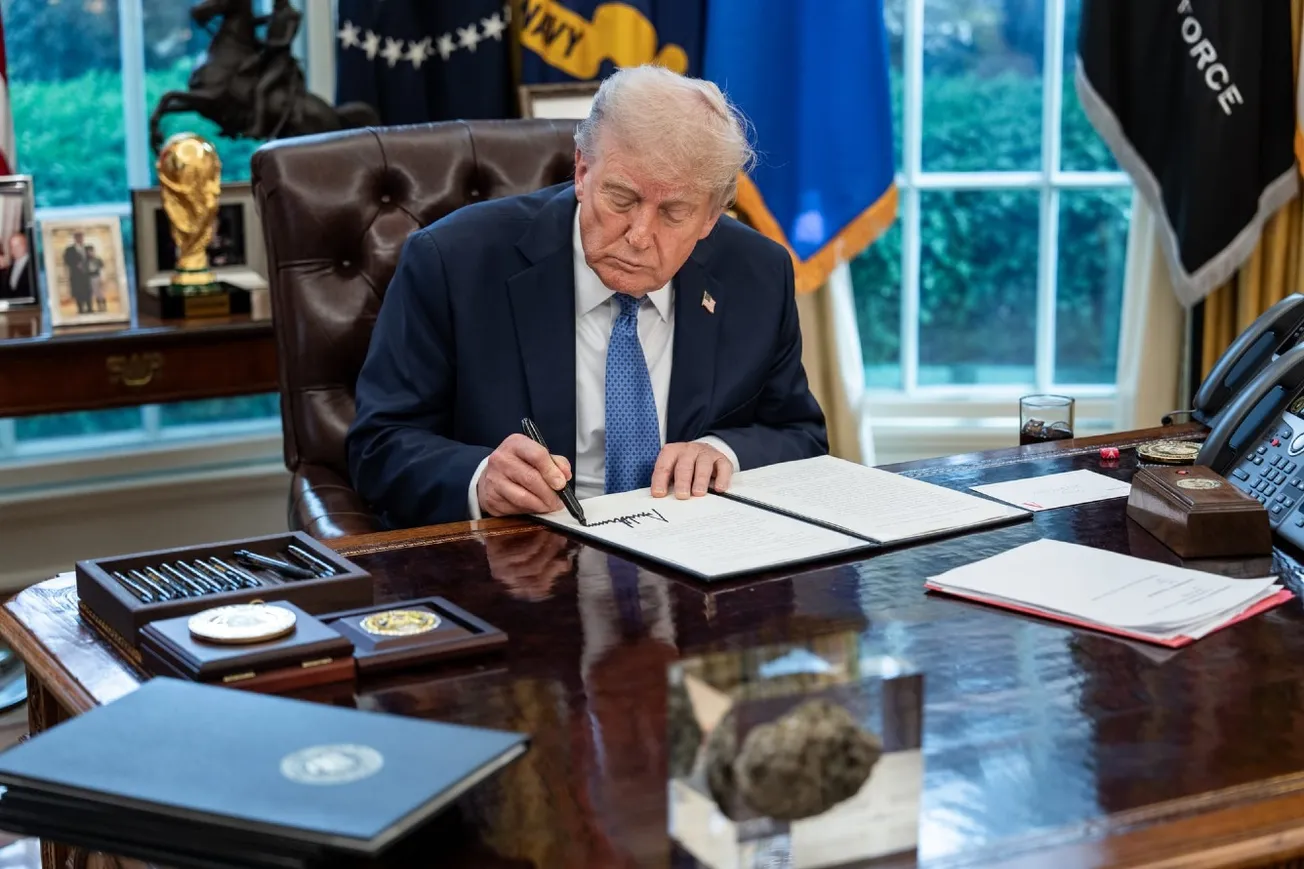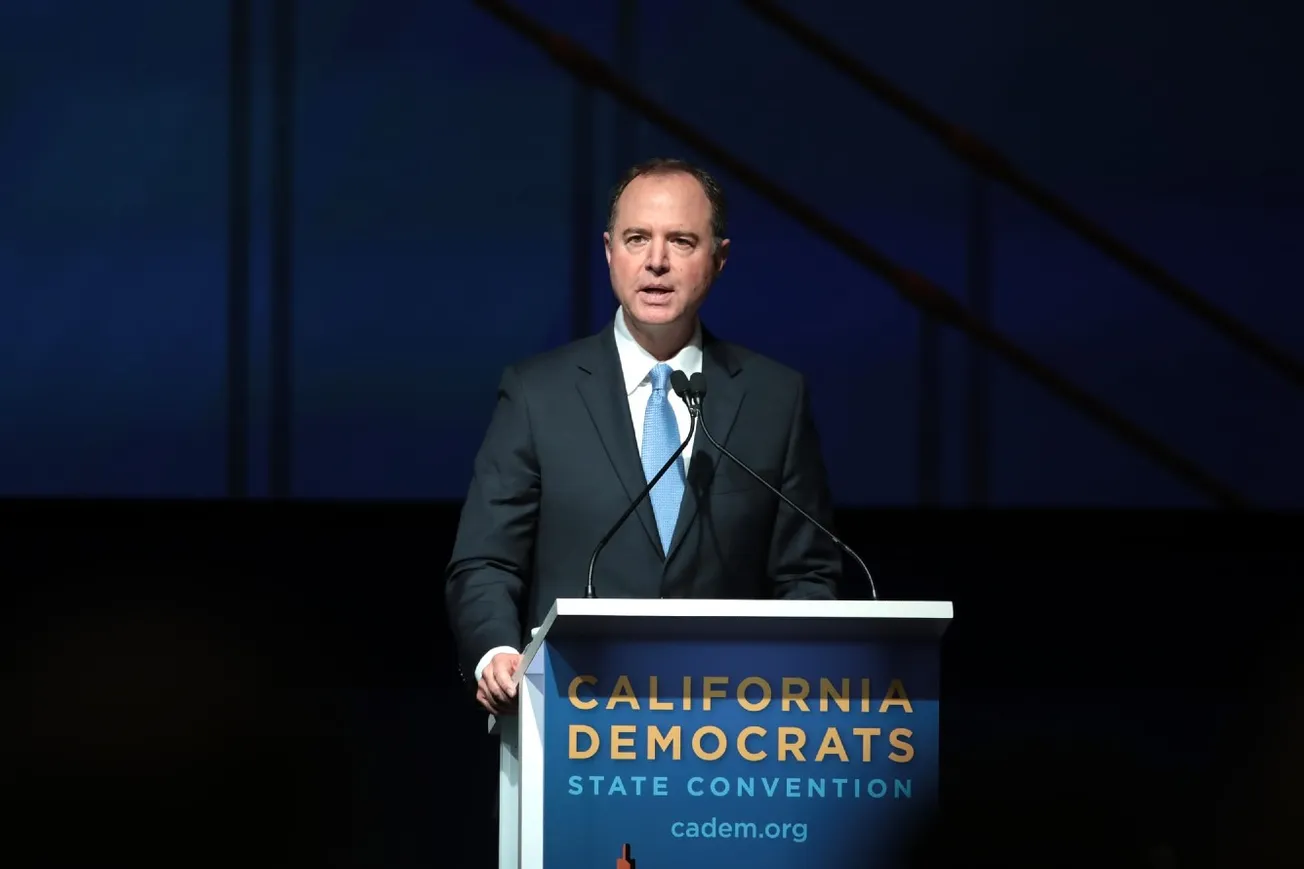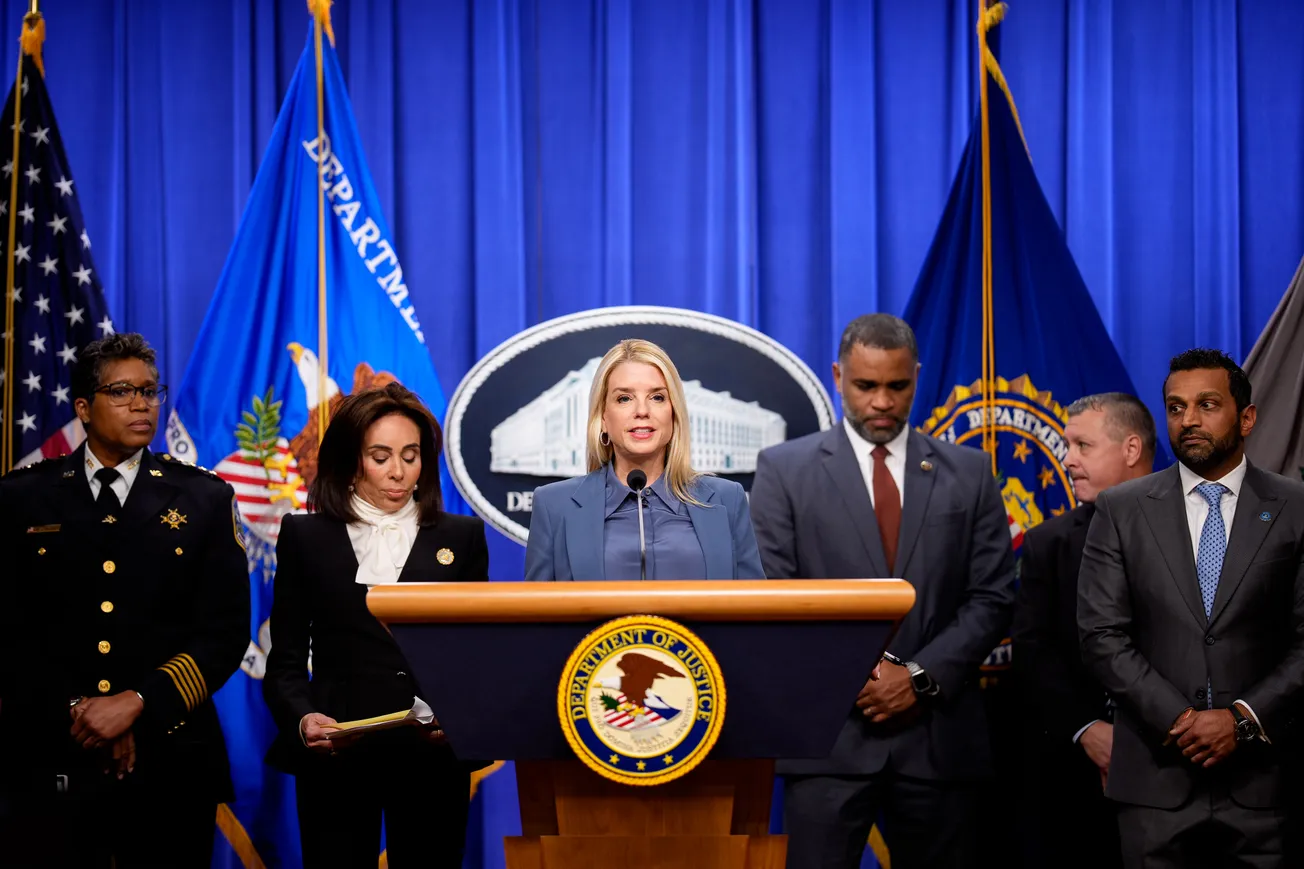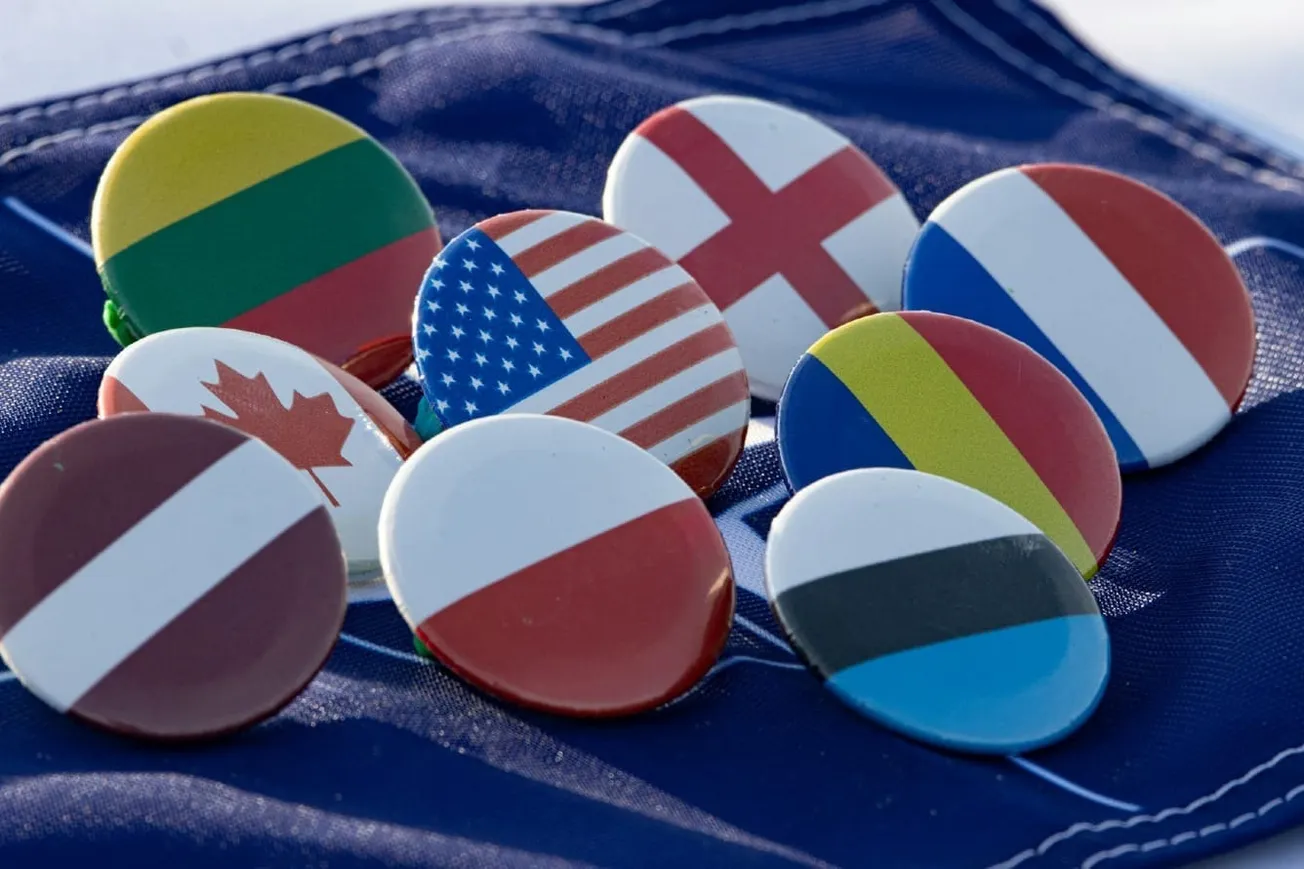Just twenty days ago, we wondered in an editorial if the media's aggressive coverage of Biden following his Atlanta debate failure signaled a return to fairer coverage and raised hopes for American democracy. We couldn't believe our own headline, so we hedged it with:
"Is the change for real?"
One reader, obviously more of a realist than us, commented on social media: ?? (1 time - NOT good enough). He was not convinced that the media would be so well-behaved and neutral and would return to their usual partisan ways.
He is right.
Ever since Biden's disastrous exit from the 2024 race via a tweet showing an image of a withdrawal letter and a signature, the media has been at it again. Coverage for Kamala Harris has been constant and, by our estimate, over 99% positive. Other than a rare comment or two by mainstream journalists about the process - not Kamala, mind you - everything has been perfect in the Harris world.
The New York Times/Siena College poll even placed the last-minute intra-party mutiny, which led to a bait and switch of a major party candidate, in excellent stead. Part of the reason for this storyline was to defend The Times' campaign against Biden. It was one of the first major news outlets to call for Biden to step down, and it worked closely with George Clooney to publish an opinion page arguing for the President to exit the race. So, in The Times' telling, the poll vindicated the Editorial Board's wisdom:
For once, American voters are in near total agreement about politics: They (almost) all agree that President Biden was right to exit the presidential race (87% of registered voters).
To assure nervous Democrats that the Harris campaign could be competitive on the fundraising front after the Trump campaign had reported record collections following the assassination attempt and the RNC convention in Milwaukee, The Times kept close tabs on the donations that the Harris campaign collected after Biden anointed her as his heir-in-chief. One piece described how big check after big check from billionaires and millionaires accrued as they stockpiled money into the newly renamed Harris Victory Fund. "Donors are calling asking how and where can I contribute to Harris for President," said Andy Spahn, a top fund-raiser in Hollywood. He added that there was "tremendous excitement and enthusiasm for Kamala's candidacy here."
To instill confidence in exhausted liberals who felt there was not enough time for a candidate who had been coronated without winning a single primary vote to succeed in the general election, The Times engaged in a bit of aggressive snake oil selling: "The 107 days Vice President Kamala Harris has to run for president may be shaping up as the shortest campaign in modern American history, but in many major democracies, the official election season would not even have started yet."
The American presidential calendar is the longest in the world, starting around November after the prior congressional election. Given how crucial the presidency is to world peace and stability, it has been this way for decades. It has been dubbed the longest job interview in the world for this precise reason. So why is The Times comparing our presidential calendar to the Philippines and Indonesia elections as benchmarks? It is disappointing journalism, as these comparisons fail to account for the unique role and responsibilities of the U.S. presidency on the global stage.
When former President Barack Obama finally endorsed Harris on Friday morning, CBS News reported in glowing terms how the 44th president and his wife, Michelle, were totally in on the endorsement: "There is no doubt in our mind that Kamala Harris has exactly what it takes to win this election and deliver for the American people," their statement read. "At a time when the stakes have never been higher, she gives us all reason to hope."
The CBS News story never explained why it took Obama more than 112 agonizing hours after Biden named Harris as his choice for the top of the ticket to endorse her. Did Obama hesitate for a reason? Was he for an open mini-primary of delegates in Chicago where the best candidate would win? Didn't he want Arizona Sen. Mark Kelley to be at the top of the ticket because he thought Harris was too liberal to win the White House?
Politico wanted to give free professional advice to the Harris campaign. So, it assembled three political strategists - all devout Trump-haters - Patti Solis Doyle, who ran Hillary Clinton's 2008 presidential primary campaign; Robby Mook, who ran Clinton's 2016 general election campaign; and Stuart Stevens, a lead strategist in Mitt Romney's 2012 presidential campaign - for an hourlong roundtable discussion.
CNN, the most anti-Trump media outlet ever, which paradoxically helped bring down the Biden candidacy when it hosted the Atlanta debate, was eager to make amends with the Left. So it cooed with a puff piece: "The five days since Vice President Kamala Harris's campaign launched at warp speed have remade the 2024 race – and given Democrats new hope of preventing a second Donald Trump presidency." Was it giving Democrats new hope or CNN new hope? The question is practically irrelevant, given how one is a mouthpiece of the other.
USA Today couldn't resist a piece about gender, heritage, and youth fawning over Kamala Harris. It completely ignored America's deep policy crises ushered in by Harris during the last 3½ years, including record-high inflation, unsustainable levels of federal debt, wars and conflict around the world, and rampant illegal immigration that has hamstrung cities and towns across America. "Harris is drawing parallels to Obama as young voters eye a chance to be part of a historic first," said a glowing essay.
We are not sure if most Americans are ready to consume 107 more days of this non-stop ooh-aah coverage of Kamala Harris.

